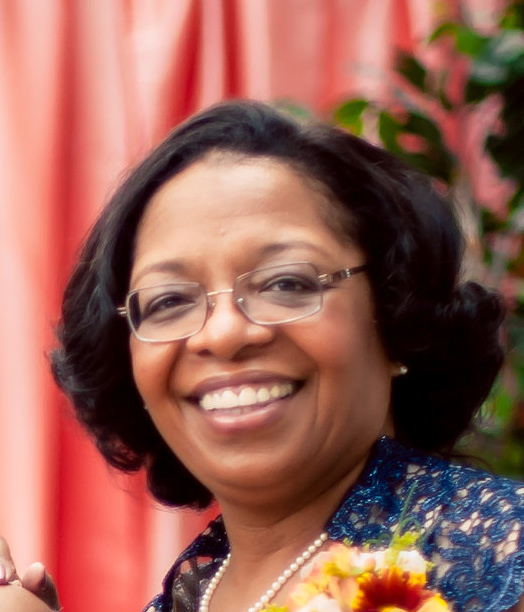 How do you spell relief in an inner city Mormon congregation?
How do you spell relief in an inner city Mormon congregation?
In today’s guest post, Atlanta Relief Society president Bryndis Roberts points to some unique challenges in the inner city — challenges that make it hard to foster the close-knit sense of community that usually characterizes a Mormon ward. I welcome her voice and her perspective and hope we see her back here again as a guest columnist. — JKR
A guest post by Bryndis Roberts
For the past two years, I have served as the Relief Society president in an inner city ward in a large metropolis. Those two years have been filled with intense joy and intense frustration as I have worked to fulfill my calling in a ward that is not typical in Mormondom.
Each local Relief Society is charged with helping those in need by providing compassionate service, coordinating assistance efforts during emergencies, and, under the direction of the bishop or branch president, planning ways to address welfare needs. At any given time, these tasks can be difficult to perform in any ward. However, I have discovered some particular issues and challenges facing the Relief Society in an inner city ward.
1. Transportation. For many of us in the United States, with our two- and three-car garages, it may be surprising that transportation is a problem in 2015. However, the harsh truth is that many of the members of our ward do not have vehicles of their own and must rely on either public transportation or rides with their friends and family members. Unfortunately, our ward boundaries include several areas where there is no public transportation. Moreover, the existing public transportation is lacking or inadequate as compared to other metropolitan areas, so a trip that would take fifteen or twenty minutes in a vehicle takes three times that long on public transportation.
The end result of this situation is that a simple act of service, such as providing a meal or taking someone to a doctor’s appointment or the grocery store, becomes much more complicated in our ward. Many of the sisters who have the willingness and desire to serve are unable to because the service that is needed requires a mode of transportation, which they do not have. In fact, a former bishop of our ward once remarked that service here required “time, talent, and transportation.”
2. Geographical size. Whenever someone moves into our ward, they are immediately struck with how large it is. They compare it to their stakes because it includes several different towns and cities. So, unlike a ward where all or most of the families live in the same neighborhoods and all or most of the children attend the same schools, our families are spread across several neighborhoods and the children attend many different schools. The size of the ward makes it more difficult for us to get to know each other or foster that sense of community that is one of the wonderful attributes of our Church.
3. Babysitting. Our ward has a large number of single mothers. For them to attend a Relief Society function, they either have to bring their young children with them (which interferes with their ability to participate in and enjoy the activities) or use their limited resources to pay for a babysitter. While some wards may be able to meet this challenge by asking the young women or young men to serve as babysitters, this choice is not viable for us because of the transportation issues, the size of our ward, and the small number of active teenagers.
Despite these challenges, the sense of sisterhood in our Relief Society is strong and unwavering. Last month, in the midst of the holiday season, one of our sisters passed away. Despite the fact that this sister had been inactive for years and very few people in the ward knew her, the sisters eagerly and willingly put aside their own holiday preparations and stepped up to offer comfort and support to her family.
I have witnessed this same phenomenon in other instances, whether it involves transporting a sister to her doctor’s appointments several times a week (even when doing so means traveling over thirty miles each way) or one sister using her limited resources to pay for transportation for another. Time and time again, the sisters in our ward have exemplified our Relief Society motto of “Charity never faileth.” Circumstances, geography, and limited resources may make it more difficult for sisters in the inner city to fulfill our divinely assigned tasks, but our faith and commitment enable us to succeed.
Bryndis Roberts is an adult convert to the LDS Church from the Black Baptist faith. She is currently serving as a Relief Society President in Atlanta, Georgia. She is an attorney and has her own firm – Jenkins & Roberts LLC – where her law partner is her ex-husband, who also happens to be her best friend. She is the mother of two wonderful daughters. She is passionately interested in genealogy and her favorite vacation spots are any locations where there are lighthouses.





